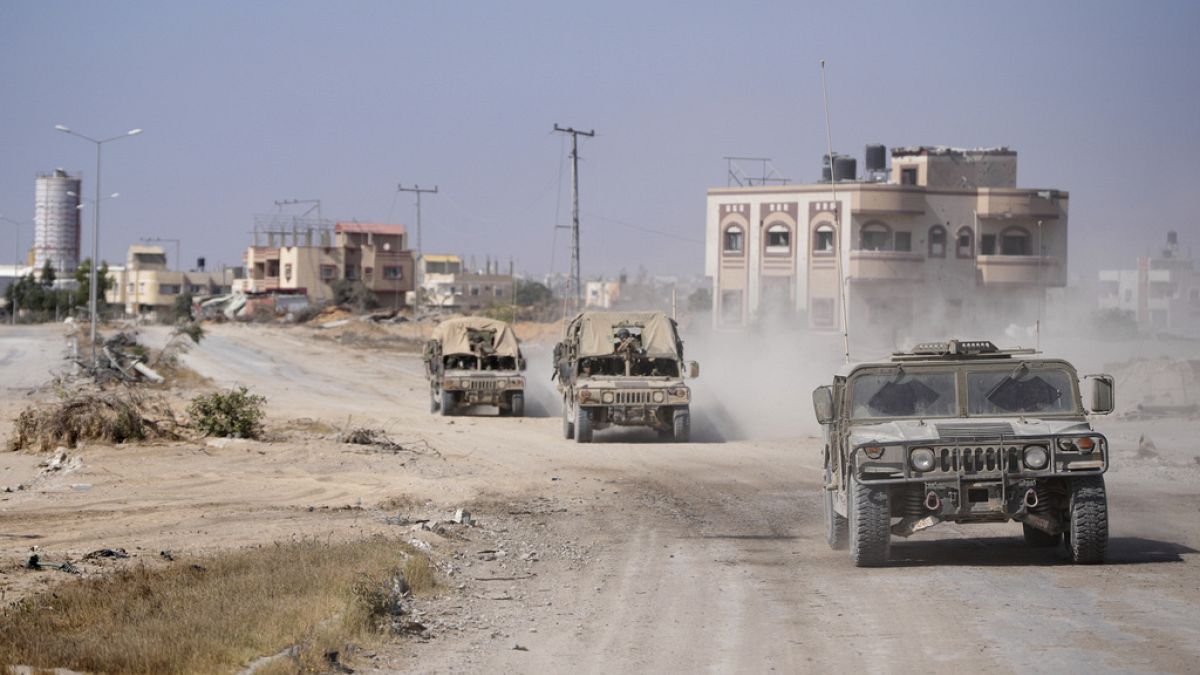

In various parts of the world, recent events have intensified tensions, drawing attention to ongoing conflicts and emerging controversies. This past week has left its mark with a series of impactful occurrences that have resonated across the globe.
In the Middle East, the region witnessed another escalation when an incident resulted in the deaths of seven Israeli soldiers. These soldiers, part of the 605th combat engineering battalion, lost their lives after an explosive device detonated on their vehicle in Khan Younis, southern Gaza Strip. This attack was claimed by Hamas militants and signifies one of the deadliest occurrences for Israel’s military in recent months. These deaths are part of the ongoing consequences of the Israel-Hamas conflict, emphasizing the persistent volatility in the region since the conflict’s commencement on October 7, 2023. The toll on human lives grows heavier with each renewed surge in violence. Reports from local health authorities indicate that within the same timeframe, Israeli attacks led to the loss of 74 lives in Gaza.
In Europe, former U.S. President Donald Trump has again drawn the world’s attention by questioning the United States’ commitment to NATO’s mutual defense guarantee. While the remarks have sparked debate and controversy, his diplomatic visit to The Hague was marked by a cordial reception from Dutch King Willem-Alexander and NATO Secretary-General Mark Rutte, amid dinners attended by NATO leaders. The discussions held in this setting continue to underline the critical importance of transatlantic alliances, particularly in the face of emerging global challenges.
In Ukraine, remnants from drones have suggested possible advancements in military technology now being employed by Russian forces. Analysts examining the debris of these unmanned vehicles found English-language labeling, which aligns with known Iranian drone markings, although this remains inconclusive proof of direct Iranian involvement. This development highlights concerns over the layers of complexity and external influences in the ongoing conflict between Ukraine and Russia.
Meanwhile, over in the United States, the Pentagon has initiated an investigation following an alleged intelligence leak regarding potential strikes involving Iran. Defense Secretary Pete Hegseth confirmed the inquiry, addressing the burgeoning need to ensure that sensitive military information remains secure to prevent any unintended consequences or misinformation.
In Africa, the humanitarian crisis in Sudan continues its devastating toll. An attack on a hospital in West Kordofan, Sudan, resulted in the deaths of more than 40 civilians, including six children and five health workers. This grievous incident reflects the severity of the ongoing civil war between the Sudanese military and the paramilitary Rapid Support Forces (RSF). Though the World Health Organization provided these casualty figures, the local WHO office refrained from attributing blame. This attack underscores the dire circumstances in Sudan, one of the world’s largest humanitarian emergencies, calling for increased international attention and aid.
As this week draws to a close, it stands as a reminder of the interwoven nature of global peace and the importance of dialogue and cooperation. While challenges and crises persist, each instance also reaffirms the resilience and determination required to work towards conflict resolution and peacebuilding worldwide. By continuing to address these issues with empathy and understanding, paths towards reconciliation and recovery can still be uncovered.
Source: {link}
